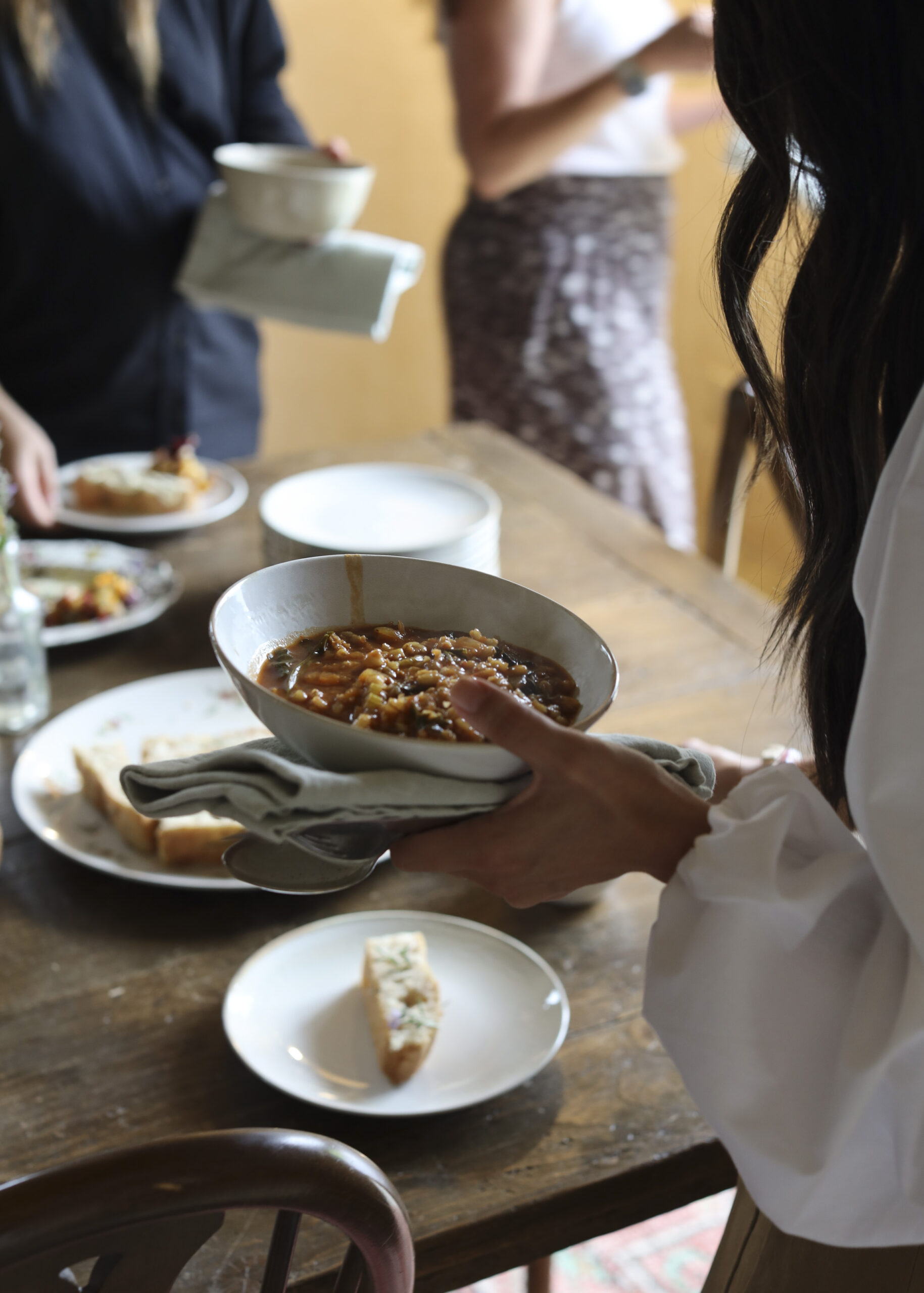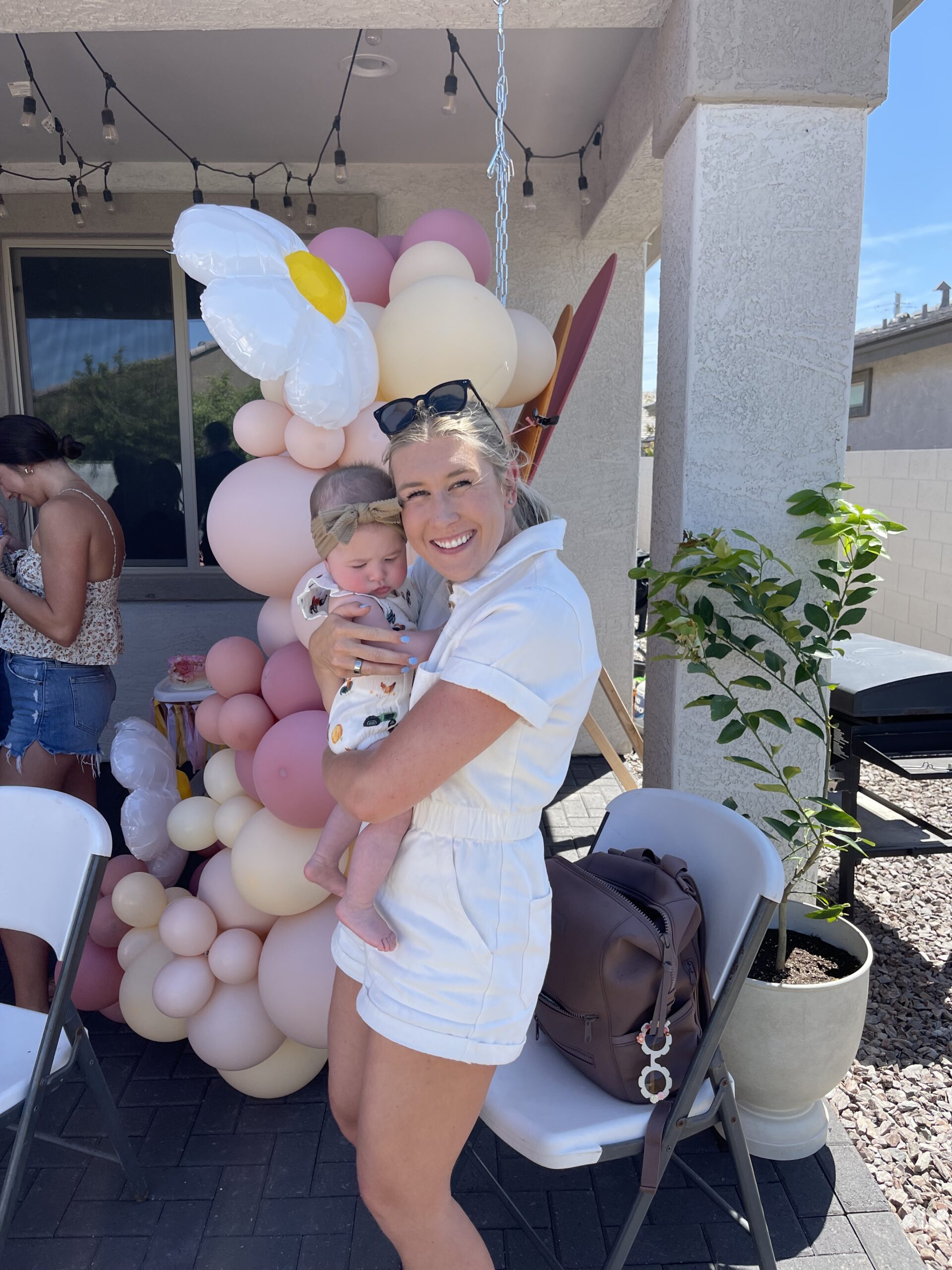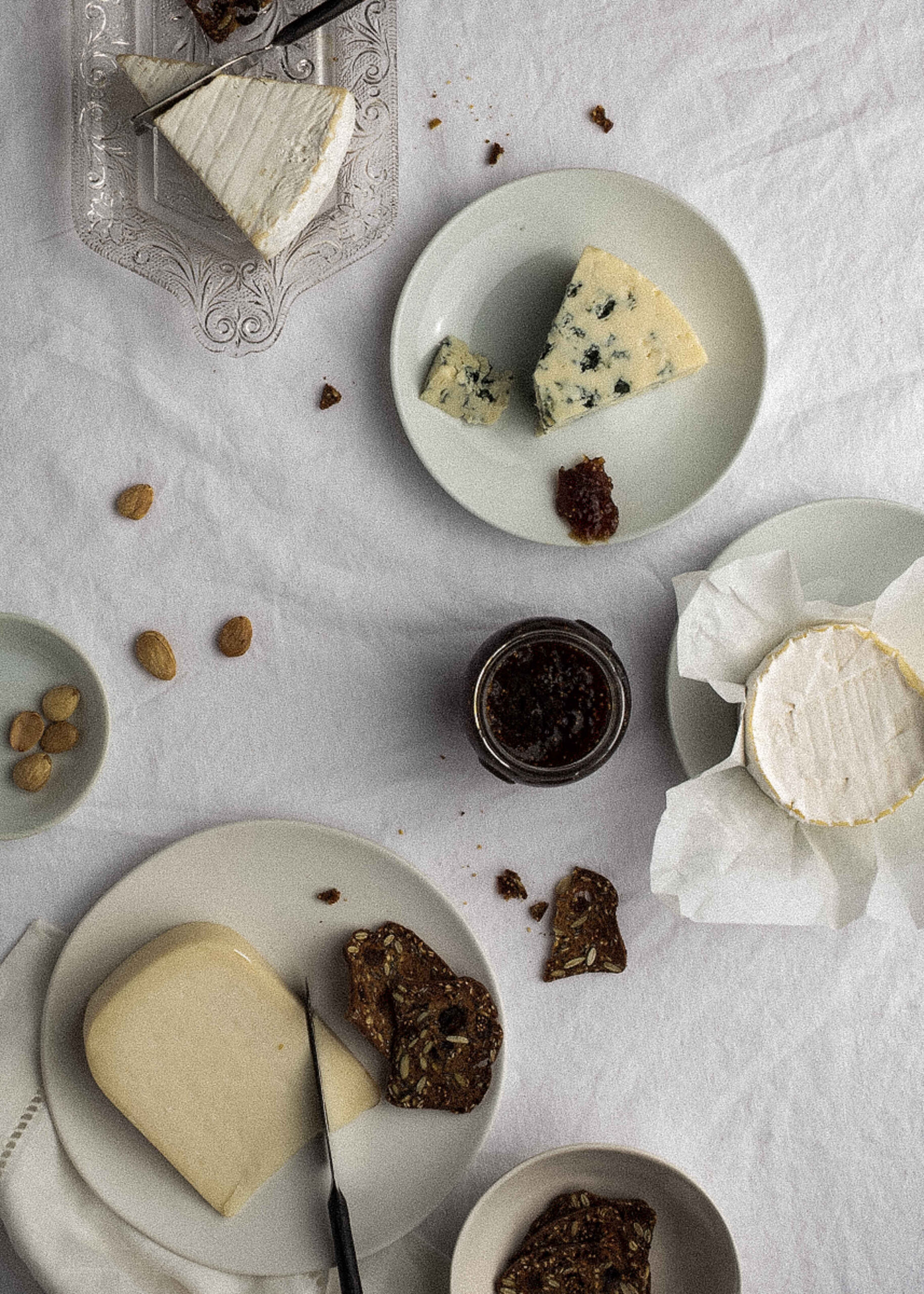Episode Transcript
Hey, it’s Ryann from the Food Freedom Lab, your go-to spot for tips and tricks on navigating the world of food and your body. I’m a licensed therapist, certified nutritionist, and a recovered binge eater. Today, let’s talk about emotional eating and why, even in recovery since 2016, I still embrace it sometimes.
Embracing Emotional Eating
Yes, you heard it right—I still emotionally eat sometimes. Emotional eating is a part of life because emotions are a part of life, and food is so much more than fuel. It’s about celebrating, connecting, and creating memories. Sure, we eat in response to negative emotions like stress, boredom, and sadness, but we also eat in response to positive emotions like happiness, excitement, and joy.
Food Beyond Fuel
For me, living a life where food is only fuel isn’t enough. I want to savor ice cream on a hot summer afternoon with friends, enjoy a peanut butter cup after lunch for the mix of sweet and savory, and indulge in a cupcake after dinner because a neighbor made them. These moments are about connection, celebration, and building memories. I don’t want to miss out on these experiences just because I’m not physically hungry at that moment.
Owning Decisions and Emotional Connections
When I do eat in these situations, even when not physically hungry, I own that decision. There’s no guilt or shame because I’m getting something emotional out of it. As humans, we have emotional needs, and for me, connecting with others often happens through food. If I eliminate that, I’m also cutting off a significant part of emotional connection in my life.
Human and Emotional Eating
Yes, I’m in recovery, but I’m still human. There are days when stress prompts me to reach for a cookie, and that’s okay. Owning that decision and recognizing the emotional need behind it keeps it from spiraling into chaos around food. Emotional eating is part of being human, and even in recovery, it’s something that can happen.
Connecting with Emotions
Rather than trying to eliminate emotional eating, let’s focus on connecting with our emotions. What am I emotionally eating over? How can I embrace this emotional eating and bring more enjoyment into it? If I’m stressed and want a cookie, I’ll take the time to put it on a plate, maybe pair it with a latte, and fully enjoy it. Similarly, when in a social setting, I’ll check in with my hunger, put the food on a plate, and savor the moment.
Embracing Being Human
By removing shame, judgment, and resistance, emotional eating becomes a part of being human. It’s not a fight or a rebellion—it’s just embracing the beauty of being human.
Links
Ryann Nicole
Licensed Therapist, Certified Nutritionist, and Virtual Wellness Coach
Ryann is a licensed therapist and virtual wellness coach who has assisted individuals worldwide in establishing a healthier relationship with food and their bodies.
Are You Ready to Heal Your Relationship With Food?
I understand—it can be overwhelming to figure out where to begin. Let's simplify things and have you start right here:
Why Am I Overeating?
First Steps To Stop Binge Eating
The Food Freedom Lab Podcast
FREE QUIZ
FREE GUIDE
Podcast
the food freedom lab podcast





